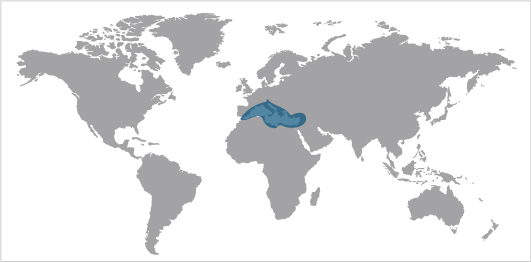

CEPES is working towards the development of Social Economy in the Mediterranean, especially in the institutional sphere, by strengthening coordination and visibility of its most relevant organisations at the European Institutions and International Organisations linked to Euro-Mediterranean policy.
Since 2000, CEPES has been coordinating the Euro-Mediterranean Social Economy Network (ESMED) as the institutional reference platform for Social Economy in the sphere of the Union for the Mediterranean (UpM), the international organisation that promotes political, economic and social cooperation in the region and which brings together 28 member states of the European Union and 15 Mediterranean countries.
Since its creation in 2000, the ESMED Network has focused on strengthening cooperation between Social Economy in the northern and southern Mediterranean based on criteria such as solidarity, cooperation and business efficiency to generate development actions.
The following organisations are currently members of the ESMED Network:
Similarly, the following are currently associate members of the ESMED Network:
The following ESMED Network activities may be highlighted:
All of this work has contributed to Euro-Mediterranean policy increasingly taking Social Economy into account. In 2005, the conclusions of the 7th Euro-Mediterranean Conference of Foreign Office Ministers in Luxemburg highlighted “the need to foster the role played by SMEs and other forms of business management, especially Social Economy, with the aim to increasing the number of jobs.” The European Economic and Social Council (EESC) has expressed such favourable views in several official documents, fostering cooperation between the EU and its Mediterranean Partners to promote social economy as a factor that generates employment and social cohesion. The Euro-Mediterranean Summit of Economic and Social Councils and Similar Institutions, which took place in Nicosia (Cyprus) in 2014, acknowledged “the essential role that social economy plays in fostering economic growth, the eradication of poverty, strengthening local sustainable development and improving access to the job market and gainful working conditions for women, young persons and other categories of disadvantaged workers.”
Reference documents from European Institutions and other international organisations are available here: Public Documents - Mediterranean
Some reference reports on Social Economy in the Mediterranean
The main representative organisations of Social Economy in the Mediterranean or some of the institutions that they comprise can be consulted here: Directory - Mediterranean